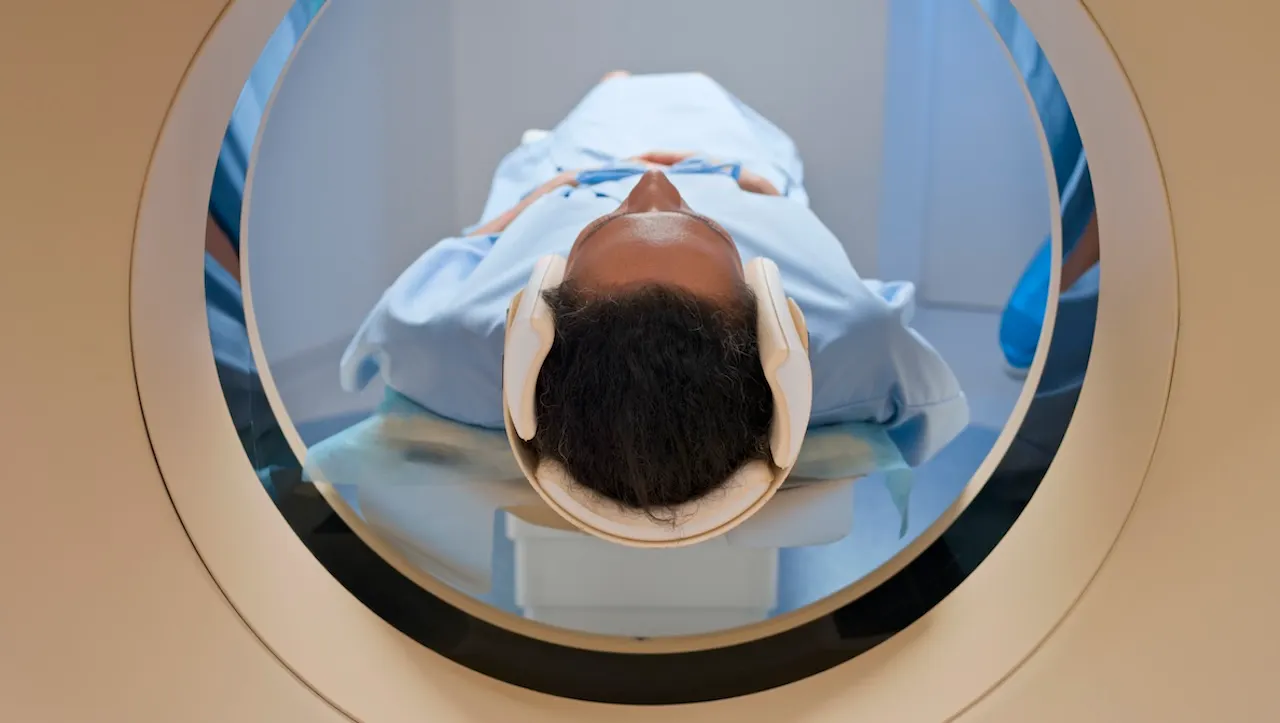Unpacking the Value of Full-Body Scans
As the landscape of preventive healthcare continues to evolve, full-body scans have emerged as a popular tool for health monitoring. With advancements in imaging technology, many individuals are turning to these scans in hopes of uncovering hidden health issues before they escalate. However, the question remains: are full-body scans a worthwhile investment? To gain a deeper understanding, we consulted leading medical experts to explore the potential benefits and risks associated with these comprehensive screenings.
Understanding Full-Body Scans
Full-body scans typically involve advanced imaging techniques such as MRI (Magnetic Resonance Imaging), CT (Computed Tomography), or PET (Positron Emission Tomography). These scans aim to provide a detailed overview of the body’s internal structures, offering insights into various health conditions. They can detect tumors, organ abnormalities, and other diseases that may not yet manifest symptoms, making them an appealing option for proactive health management.
Potential Benefits of Full-Body Scans
Medical experts highlight several potential benefits of full-body scans:
- Early Detection of Diseases: One of the most significant advantages of full-body scans is their ability to identify health issues early. Conditions such as cancer, heart disease, and internal organ dysfunction can be detected at an earlier stage, potentially improving treatment outcomes.
- Comprehensive Health Assessment: Full-body scans provide a holistic view of an individual’s health. By evaluating multiple systems simultaneously, physicians can gain insights that may not be apparent through traditional health screenings.
- Peace of Mind: For many, the knowledge gained from a full-body scan can alleviate anxiety about undetected health issues. This sense of security can lead to improved mental well-being and proactive health management.
Expert Insights on the Value of Full-Body Scans
To better understand the value of full-body scans, we spoke with Dr. Sarah Chen, a radiologist with over fifteen years of experience in medical imaging. Dr. Chen emphasized the importance of these scans in certain populations, “For individuals with a family history of diseases, full-body scans can be a valuable tool for risk assessment and early intervention.”
However, Dr. Chen also cautioned against the indiscriminate use of full-body scans. “Not everyone needs a full-body scan. It’s essential to consider individual risk factors and consult with a healthcare provider to determine the best approach.” This perspective underscores the need for personalized healthcare strategies rather than a one-size-fits-all solution.
Risks and Limitations of Full-Body Scans
While the benefits of full-body scans are apparent, there are also significant risks and limitations to consider:
- False Positives: One of the primary concerns with full-body scans is the potential for false positives. These occur when the scan suggests the presence of a disease that isn’t actually there, leading to unnecessary anxiety and further invasive testing.
- Radiation Exposure: Many full-body scans, especially CT scans, expose patients to radiation. While the risk is generally low, repeated exposure can accumulate over time, potentially increasing the risk of cancer.
- Cost Considerations: Full-body scans can be expensive, and insurance coverage may not always apply. Patients should weigh the financial implications against the potential benefits, particularly if they are asymptomatic.
When Should You Consider a Full-Body Scan?
Determining whether a full-body scan is appropriate can be nuanced. Experts suggest considering the following factors:
- Family History: If you have a family history of certain diseases, a full-body scan may be more justifiable.
- Age: Older adults may benefit more from regular screenings due to increased health risks.
- Existing Symptoms: If you’re experiencing unexplained symptoms, a full-body scan may help identify underlying issues.
Dr. Michael Roberts, a preventive medicine specialist, advises that “patients should engage in a thorough discussion with their healthcare provider to address their specific health concerns and risk factors before deciding on a full-body scan.” This collaborative approach ensures that the decision is informed and tailored to individual needs.
The Future of Full-Body Scans in Preventive Health
As technology advances, the future of full-body scans looks promising. Innovations like AI-enhanced imaging and more precise scanning techniques are expected to improve accuracy and reduce the risks associated with false positives. Furthermore, the integration of genetic testing with imaging may enable even more personalized health assessments, allowing for targeted prevention strategies based on an individual’s genetic predispositions.
Moreover, as healthcare moves towards a more preventive model, full-body scans could become a routine part of health check-ups, particularly for high-risk populations. The emphasis on early detection and proactive health management is likely to drive demand for these services, making accessibility and cost-effectiveness critical considerations for healthcare providers.
Conclusion: Weighing the Pros and Cons
In conclusion, full-body scans present a double-edged sword in the realm of preventive healthcare. They offer the potential for early detection and comprehensive health assessments but also come with risks such as false positives and radiation exposure. Consulting with medical professionals and considering individual health profiles is essential in making informed decisions about whether to invest in a full-body scan.
Ultimately, the value of full-body scans lies in their ability to empower individuals to take charge of their health. As technology continues to evolve, so too will the methods by which we monitor and manage our well-being, ensuring that the future of healthcare remains proactive, personalized, and patient-centered.
See more WebMD Network



